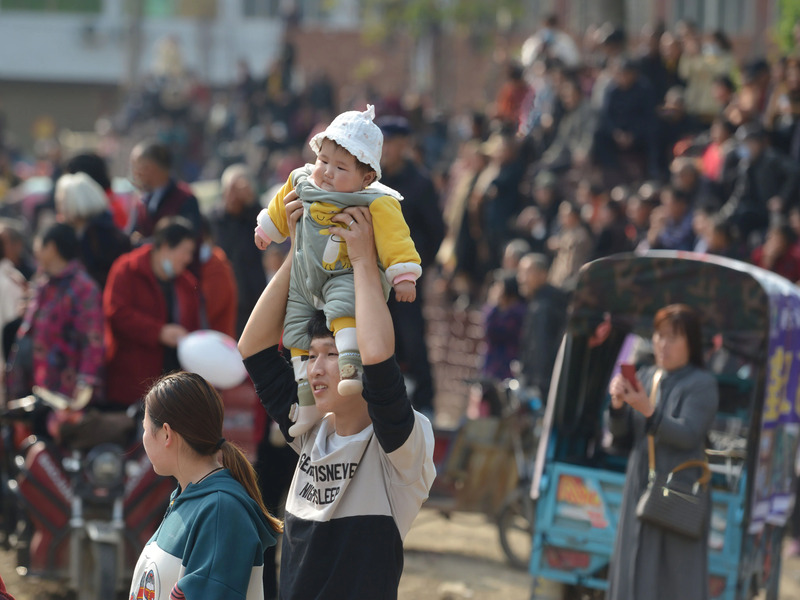
Light House Denver – China has been experiencing a significant decline in birth rates in recent years. According to data from the National Bureau of Statistics (NBS). Country’s population has decreased by approximately 1.39 million people, reaching 1.408 billion in 2024, compared to 1.409 billion in 2023. This decline could worsen the demographic challenges in the future, given China’s rapidly aging population.
In response to this issue, China has launched various initiatives to encourage its citizens to have more children. One step it has taken is improving healthcare services, particularly in the field of childbirth. The National Health Commission (NHC) and other related authorities recently issued guidelines to develop childbirth-friendly hospitals across the country. These hospitals will offer various services, such as perinatal depression screening and routine postnatal care. They will also provide 24-hour pain relief services during childbirth. Which is expected to help reduce pregnant women’s anxiety about the pain of giving birth.
Also Read: Durian Raise Blood Sugar Levels? Here’s the Explanation
Many women in China hesitate to have children due to concerns about childbirth pain and the challenges of balancing work and family life. Some women also worry about the double burden of career and child-rearing. To address this, the Chinese government is making early childhood education services more accessible and improving the quality of these services. However, the demand for childcare services for children under the age of three remains very high. While the number of available facilities still cannot meet the demand.
This trend has emerged due to rapid social and economic changes in China, which have decreased the number of family members available to help with child-rearing. This has reduced families’ ability to support one another in terms of caregiving. Local governments are also focusing on expanding childcare centers for children under the age of three. Around 100,000 childcare centers have opened, but they can only accommodate 4.8 million children, a number far below the actual demand.
Child-rearing has become a key issue in various political and legislative discussions across China. During the sessions that began in January 2025, local governments in major cities like Beijing and Shanghai promised to expand their childcare service capacities. The government hopes these measures will help more parents feel supported in raising their children.
In addition to childcare issues, many parents are stressed by financial pressures. To address this, local governments have provided subsidies to ease the economic burden on families. One initiative that has gained attention is the introduction of “childbirth-friendly jobs” offered at a job fair in Shanghai. These jobs, such as video producers and social media managers, offer flexible working hours for parents who need to care for their children.
Some companies are also innovating to support working mothers. In Sishui, Shandong Province, a food manufacturing company introduced a “mother-friendly position” program, which employs around 700 women of childbearing age. The program aims to provide opportunities for women to work in conditions that better support their family life.
With various policies and efforts in place, the Chinese government hopes to address the decline in birth rates and encourage citizens to have more children. However, significant challenges remain, including improving family welfare, providing adequate facilities, and addressing the financial concerns that weigh heavily on many parents.
Also Read: Palestinian-Americans Greet Ceasefire with Caution